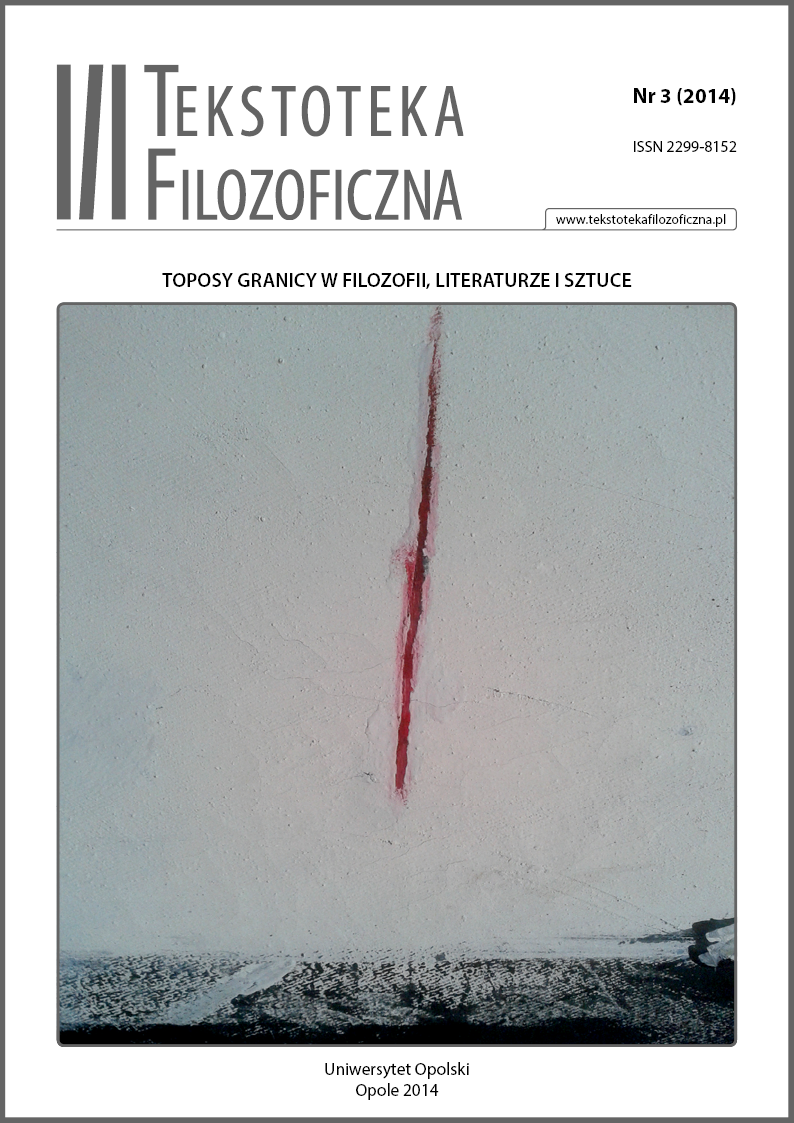Antyutopia i utopia. Granice w powieści "Mięso" Martina Harníčka
Anti-utopia and utopia. Limits in the novel „Meat” by Martin Harníček
Author(s): Aleksandra PaluchSubject(s): Philosophy, Language and Literature Studies, Studies of Literature, History of Philosophy, Philosophical Traditions, Special Branches of Philosophy
Published by: Uniwersytet Opolski
Keywords: crossing limits; anti-utopia; utopia; adiaphorization; dehumanization
Summary/Abstract: The novel “Meat” by Martin Harníček is thought provoking. It calls the reader to reflections on consumption which has been reduced to the factor determining our survival. Anti-utopian surrounding called “a city” does not consist of many elements. It is rather a picture of self-destruction. The only thing its citizens want is to survive. It can be ensured by the title “meat”. Limits in the novel are related to topography which divides good from evil. What is more, they are based on human psychic. There is a certain dependence on rules, orders and prohibitions, beliefs, and also instincts that were inculcated in an individual. The main character of the novel keeps crossing the limits and, as a result, he must bear responsibility for that.
Journal: Tekstoteka Filozoficzna
- Issue Year: 2014
- Issue No: 3
- Page Range: 21-28
- Page Count: 8
- Language: Polish

